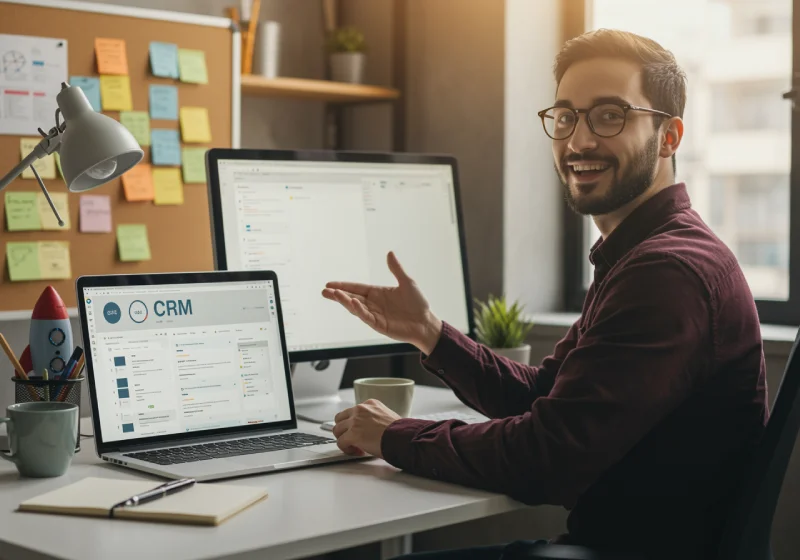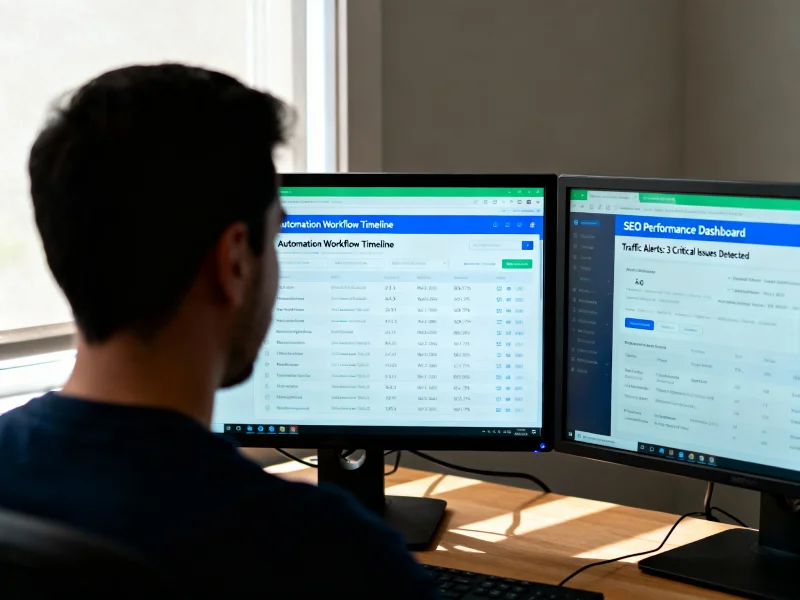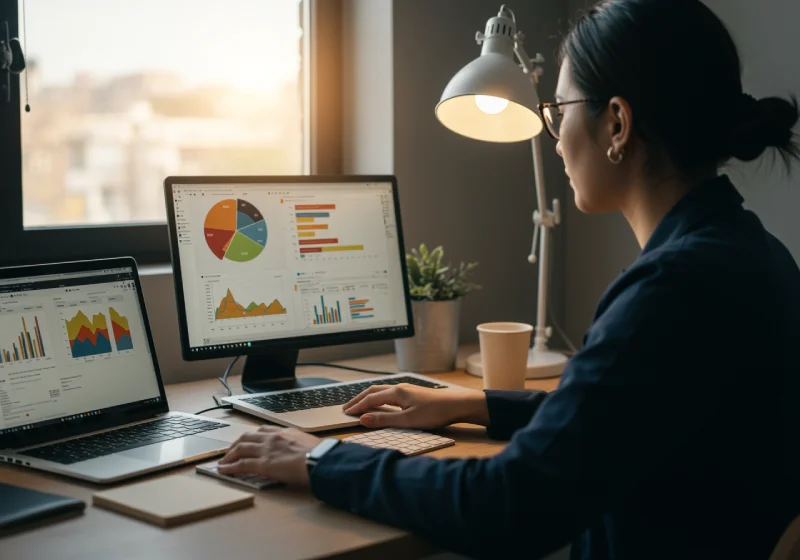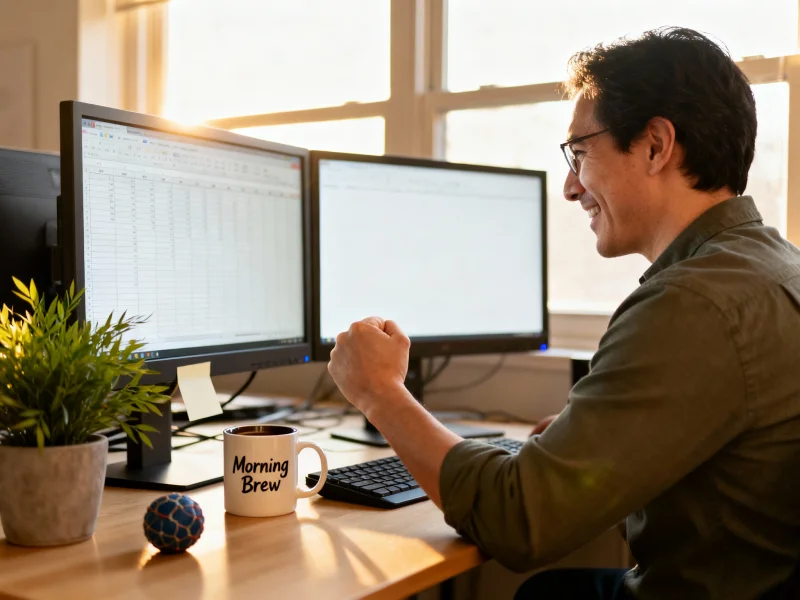Mastering On-Page Seo: Essential Tips For Better Rankings
Do you want to boost your website's ranking on search engines? Then mastering on-page SEO is the key. On-page SEO refers to optimizing your website's content and structure for search engines, making it easier for them to understand what your site is about and rank it higher in search results.
In this article, we'll provide you with essential tips that will help you improve your website's ranking through on-page SEO. From conducting keyword research to optimizing meta tags and images, we'll guide you through everything you need to know to master on-page SEO. By following these tips, you'll be able to optimize your website effectively and increase its visibility online, attracting more traffic from potential customers who are interested in what you have to offer. So let's get started!
Conduct Keyword Research
Looking to boost your website's visibility on search engines? Conducting keyword research is essential! It involves finding the right phrases and words that people use when they are searching for information related to your business or industry. By identifying these keywords, you can optimize your content around them and increase your chances of being found by potential customers.
When conducting keyword research, start by brainstorming a list of words or phrases that you believe are relevant to your business. Then, use tools like Google Keyword Planner or SEMrush to find related keywords and phrases that have high search volume and low competition. This will help you identify the most valuable keywords to target in your content.
Once you have identified the best keywords for your website, it's time to start optimizing your content around them. By using these targeted keywords in strategic locations such as headlines, meta descriptions, URLs, and throughout your content, you can improve the relevance of your pages for specific searches. This will ultimately lead to better rankings on search engine results pages (SERPs) and increased traffic to your website.
Optimize Your Content
To really make your content stand out, you should focus on optimizing it with the right keywords and phrases that will help search engines understand what your page is all about. Here are a few tips to get started:
- Use long-tail keywords: These are more specific phrases that usually have lower search volume but higher intent, meaning they can attract more qualified traffic.
- Place keywords strategically: Include them in your headline, opening paragraph, subheadings, and throughout the body of your text. But don't overdo it—keyword stuffing can hurt your rankings.
- Write for humans first: While it's important to include keywords, don't sacrifice readability or user experience. Your content should be engaging and informative.
By optimizing your content for SEO, you'll not only improve your visibility in search results but also provide value to your audience. Keep these tips in mind as you create new pages or update existing ones.
Now let's move on to the next step: optimizing your meta tags.
Optimize Your Meta Tags
Get your website noticed with optimized meta tags that will make an emotional impact on your audience. Meta tags are pieces of code that provide information to search engines about the content on your web pages. The two most important meta tags are the title tag and the description tag. The title tag appears at the top of each page in the browser window and is also what shows up as the clickable link in search engine results pages (SERPs). The description tag is a brief summary of what your page is about and usually appears below the title tag in SERPs.
To optimize your meta tags, you need to ensure they include relevant keywords that people might use when searching for information related to your business or industry. However, don't stuff them full of keywords just for the sake of it as this can be seen as spammy by search engines. Instead, focus on creating compelling titles and descriptions that entice users to click through to your website.
Optimizing your meta tags can significantly improve click-through rates from SERPs which can lead to higher rankings over time. But optimizing them alone won't guarantee success - you also need high-quality content and a well-designed website. In our next section, we'll cover how optimizing images on your site can further enhance its appeal to both users and search engines alike.
Optimize Your Images
Boost your website's visual appeal and attract more visitors by optimizing the images you use. Images have the power to convey emotions, tell a story, and enhance the overall user experience of your website. However, if not optimized correctly, they can also slow down your website's loading speed and negatively impact your search engine rankings. Here are four essential tips for optimizing images on your website:
- Choose the right file format: Different types of image files have different purposes and uses. JPEG is best for photographs while PNG is ideal for graphics with transparent backgrounds.
- Compress images without sacrificing quality: Large image files can cause slow loading times which can lead to higher bounce rates. Use compression tools like TinyPNG or Optimizilla to reduce file size without compromising quality.
- Optimize alt tags: Alt tags are descriptions that are displayed when an image fails to load properly or when visually-impaired users rely on screen readers to navigate websites. Including descriptive alt tags can improve accessibility as well as boost SEO.
- Use descriptive filenames: Avoid using generic filenames like "IMG001."Instead, use specific keywords that describe what the image is about such as "blue-dress-wedding.jpg."This helps search engines understand what the image is depicting and improves its chances of ranking higher in search results.
By following these tips, you can optimize your images for both aesthetics and functionality on your website while improving SEO at the same time. Now it's time to monitor your results and make adjustments accordingly to continue improving your website's performance in search engine rankings.
Monitor Your Results and Make Adjustments
Now that you've optimized your website's images, it's time to keep an eye on your results and make any necessary adjustments. Monitoring your results is crucial in determining the effectiveness of your SEO strategy. Without keeping track of how well your site is performing, you won't know which areas need improvement.
There are many tools available that can help you monitor your website's performance. Google Analytics is one such tool that allows you to track various metrics like traffic sources, bounce rates, and conversion rates. It also provides valuable insights into user behavior on your site, making it easier for you to improve user experience.
In addition to monitoring your results, it's essential to make adjustments as necessary. Based on the data collected from Analytics or other tools, you may find areas where certain pages aren't ranking as high as they should be or where users are bouncing off quickly. Making changes to these pages by adjusting content or optimizing keywords can significantly improve their rankings and overall performance. Remember that SEO is an ongoing process, not a one-time task; continuously monitoring and tweaking will ensure long-term success for your website.
Frequently Asked Questions
How does on-page SEO differ from off-page SEO?
On-page SEO refers to optimizing content and HTML source code on a website's pages. Off-page SEO, however, focuses on external factors like backlinks and social media activity. Both are important for improving search engine rankings.
What is the ideal keyword density for on-page SEO?
You should aim for a keyword density of 1-2% in your on-page SEO. This means using your target keyword once or twice per 100 words. Avoid stuffing keywords, as this can lead to penalties and harm your rankings.
How do you optimize your website for local search?
To optimize your website for local search, ensure your business name, address and phone number (NAP) are consistent across all directories. Utilize Google My Business to claim your listing and gather positive reviews from customers in your area.
Can social media activity affect on-page SEO?
Yes, social media activity can affect on-page SEO. Sharing content from your website on social media helps increase visibility and drive traffic to your site. Social signals like likes, shares, and comments also indicate relevance and authority to search engines.
What are some common on-page SEO mistakes to avoid?
Avoid common on-page SEO mistakes by optimizing title tags and meta descriptions, using header tags properly, including relevant keywords in the content, and ensuring mobile responsiveness. These practices will improve your website's ranking and visibility.
Conclusion
Congratulations! You have now mastered the essential tips for better rankings in on-page SEO. By conducting keyword research, optimizing your content, meta tags, and images, as well as monitoring your results and making adjustments accordingly, you have set yourself up for success.
Remember that keyword research is the foundation of any successful on-page SEO strategy. By understanding what keywords your target audience is searching for, you can create content that answers their questions and provides value. From there, optimizing your content with those keywords in mind will help search engines understand what your website is all about and improve its visibility in search results.
Don't forget to optimize your meta tags too - these are crucial elements that provide context to search engines about the content of each page. Similarly, images play a vital role in user experience and search engine optimization - be sure to use descriptive file names and alt text to help search engines understand what they represent. Finally, monitoring your results means keeping an eye on traffic sources, engagement metrics like bounce rates or time spent on site, and conversion rates to see how effective your efforts are.
By following these tips consistently over time while also staying up-to-date with industry trends and best practices in SEO, you can continue to improve your website's ranking on search engine results pages (SERPs) - bringing more traffic and potential leads or customers to your business. So why wait? Start implementing these strategies today!









